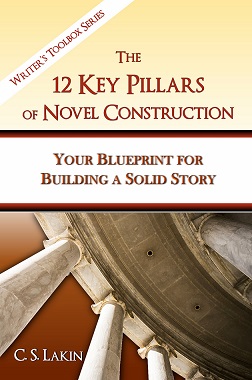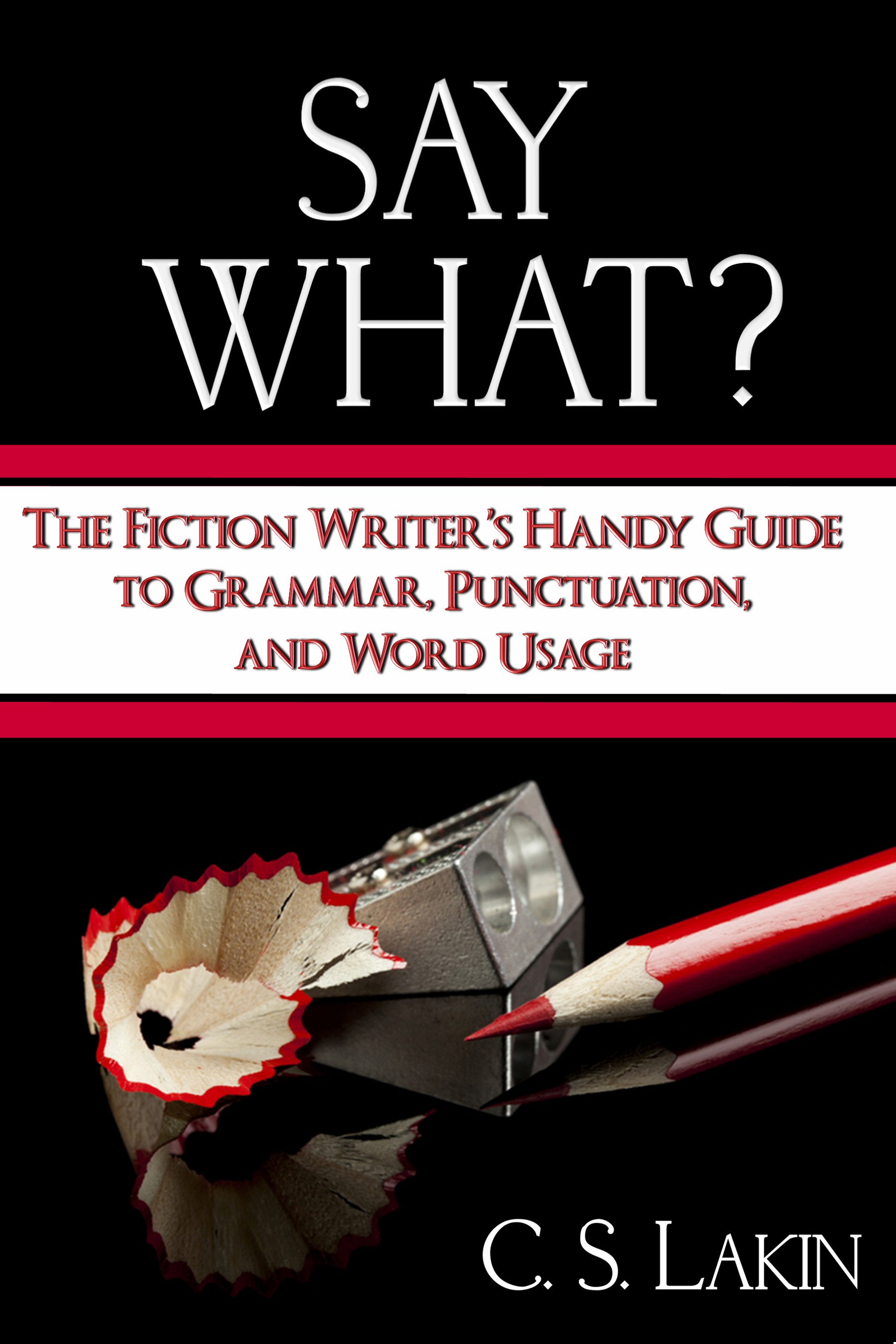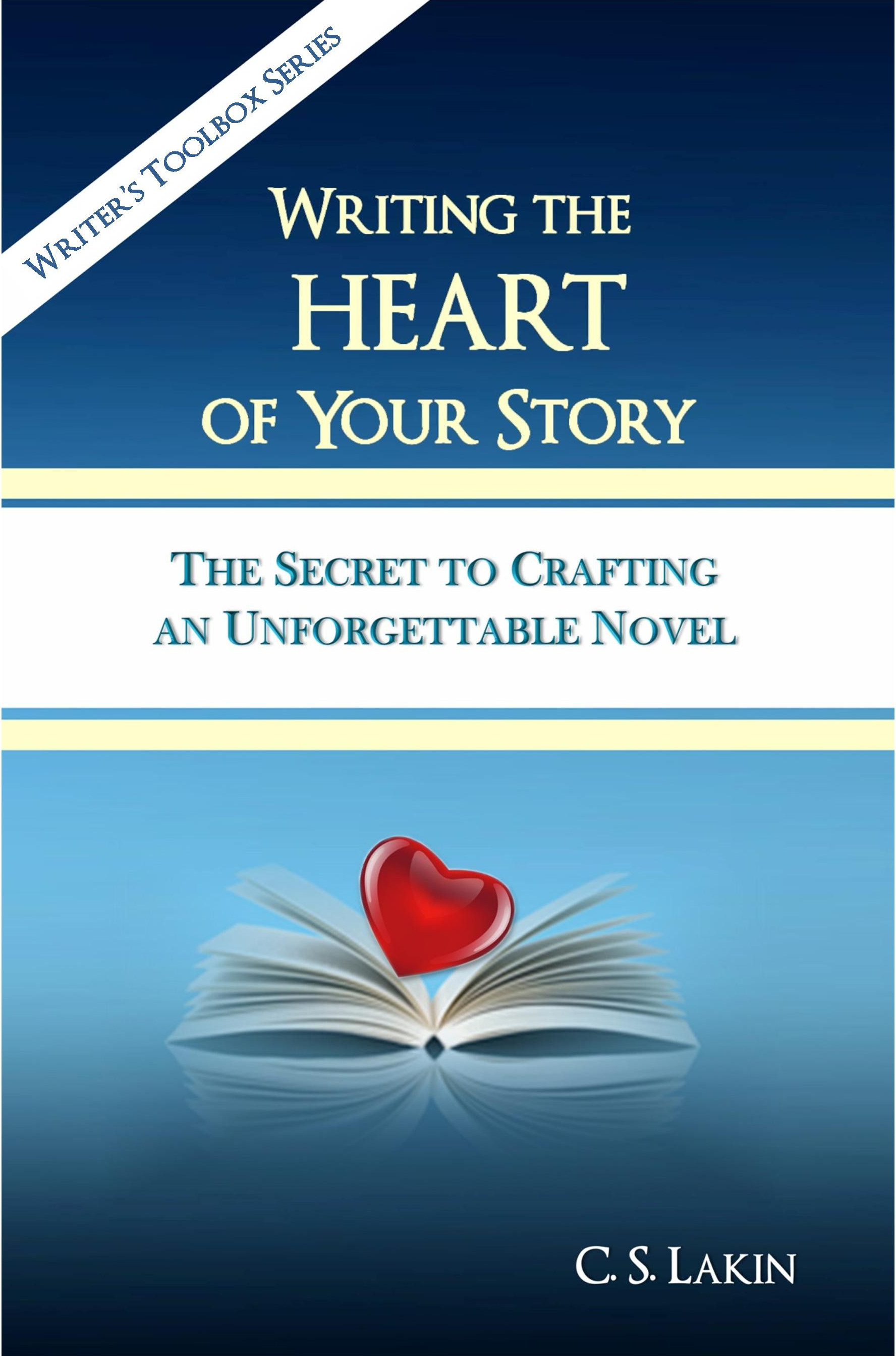Writing a great novel requires a proficient grasp on so many elements that paying attention to them all while writing can feel a lot like trying to spin a dozen plates at one time without letting any fall to the ground. When I do a critique for you, I examine all the basic components in a novel: plot, characters, pacing, tension, themes, dialogue, conflict, and much more.
To aid you in understanding what I look for as I critique, I’ve compiled an overview that should also be of help to you as you write your novel, or as a checklist if you’ve already completed it.
Your First Chapter
Since the first chapter—and particularly the first page or two—is the most crucial part of your book, I pay special attention to your introductory scene, and notate extensively. (Download my “First Page Checklist” to aid you in constructing your first scene.) The first scene carries a special burden in your book as it sets up your tone, voice, point of view, setting, premise, and introduces your protagonist (usually).
Writers often spend the first few chapters setting up back story and giving extensive narration to “set up” the story, but that is often a weak and uninteresting way to begin a book. Modern-day readers are used to seeing scenes visually, and expect something to “happen” right from the starting gate. In many books the best opening scene for a novel doesn’t “appear” until chapter two or three. Don’t be discouraged if you find you need to toss your first chapter or two, or extensively rewrite them. Many successful authors do this.
Often, when you finish writing a novel, you find your first chapter no longer sets up the theme and elements of your book, as the story itself may have veered or new themes may have emerged during the writing that now need to come out in the opening scenes. The critique checklist is not all-inclusive, but should give you a good overview of most of the main story elements needed in a strong novel. If you have a critique group or someone who gives you honest feedback, you may want to give them this list as a way of sparking ideas for a response to your request to give you some “honest feedback.”
Single Out Your Main Weakness
As you can see by the extensive material on the critique checklist page, writing a great novel is not all that easy. It take years of “practice” and applying techniques you learn through writing-craft books and workshops to become adept at telling a cohesive story. Instead of being overwhelmed by all the things you might need to work on, do what serious athletes or musicians do—determine what your main weakness is (or two or three) in terms of your overall writing ability, and spend some serious time learning how to improve it.
If you are a “plotter” and have a hard time creating deep, complex characters that are not flat and stereotyped, study books on creating characters, and examine novels you love to see how the author unfolded the characters in the story. Don’t be afraid to get out a pen and underline or highlight sections that can spark ideas. You can also photocopy scenes that you feel are powerful and moving and keep these in a folder. Tear apart a great scene in a novel and see why it works, and learn from it. Talent and gift are part of being a great writer, but the bulk of writing a terrific story comes from learning the nuts and bolts of the craft—something any serious student can learn.
A Journey, Not a Destination

Photo by h.koppdelaney via Compfight cc
Writing fiction is a journey that takes years. Don’t ask: “Do I have a book in me?” Ask: “Do I have a writer in me?” You will not become a great writer overnight, just as one doesn’t become a skilled surgeon or dancer after a few hours of practice. Expect to put in a lot of hours revising and restructuring your novels. Most of the great writers do this.
Very few write a nearly perfect first draft the first time through, and they often depend on test readers to give them a critique to catch some of these elements listed below that they may have forgotten or not done well.
So don’t look at your critique with trepidation the way you might when getting a paper back from a stern professor at school. Look at it as a constructive tool to help you become the best writer you can be. Look at it as a big time-saver—helping you avoid years of rejection from agents and publishers, and confusion resulting from not understanding just why your book “doesn’t work.” Look at it as a positive challenge to spur you on to better writing and deeper understanding of the craft as you gain insight and acquire new “tools” to put in your “writer’s toolbox.”



 Sign up for my newsletter to get cool news and offers and your free ebook.
Sign up for my newsletter to get cool news and offers and your free ebook.

 The ultimate resource to help fiction writers identify and ferret out the fatal flaws in their prose. A must-have for every serious writer. More than 60 Before and After passages.
Available in print and ebook format!
Buy it
The ultimate resource to help fiction writers identify and ferret out the fatal flaws in their prose. A must-have for every serious writer. More than 60 Before and After passages.
Available in print and ebook format!
Buy it 

